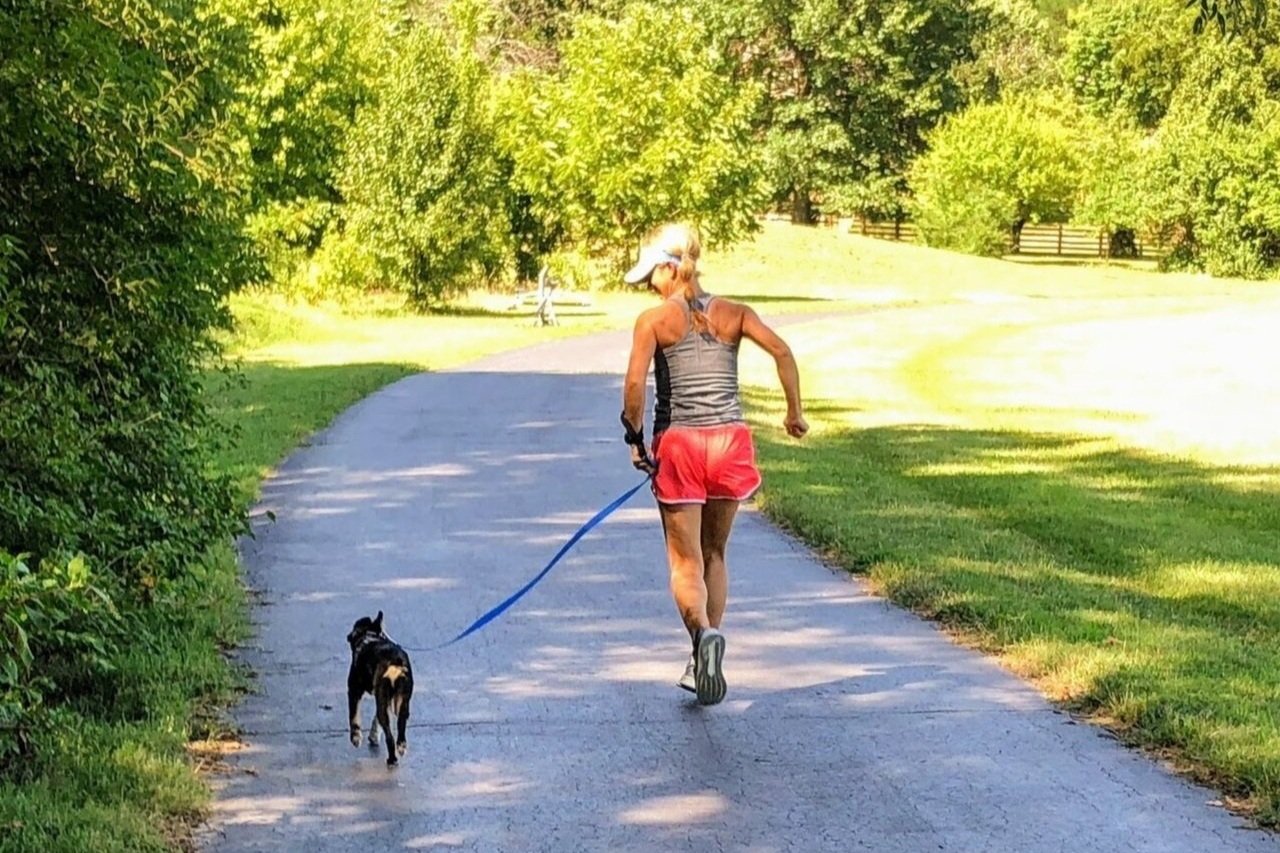Can I Run when I'm Sick?
/In our transition to living with coronavirus and the release of most mask mandates, respiratory viruses are having a hay day! Many runners wonder, "Can I run when I am sick?"
If your symptoms are mild and at the neck or above, such as sore throat, sneezing, or headache, running is usually OK. But running with symptoms below the neck, such as body chills, aches, and fatigue, is a no-no.
Dr. Jeff Waters weighed in on the topic when I interviewed him a few years ago, "running when ill produces more stress to your body if you are already cranking out immune cells, antibodies, and cortisol to get rid of some pesky germ...you put yourself at risk for heat-related illness and are impairing your body's immune reactions."
If you've got a nasty above-the-neck germ, you may need to take the week off or modify your training, such as decreasing mileage and running easy. Work on staying hydrated, resting, getting at least 8 hours of sleep at night, and practicing good nutrition. And I know what you're thinking, "one week of interrupted workouts will ruin my training!" I promise it won't, but it WILL derail your goals if you don't take the time to recover.
What about below-the-neck germs like bronchitis? Respiratory viruses sometimes settle in your lungs' primary airway and lead to bronchitis. You can run with bronchitis if you have taken the initial resting steps and are starting to feel better.
Running may stir up the coughing - usually after a run but sometimes during. You may have to stop and walk for a bit if you have a coughing fit. Talk to your doctor about an inhaler (e.g., albuterol sulfate) that you use pre-run and carry with you on the run if you start hacking.
In the cold, wear a light layer over your mouth - like a bandana, neck gator, or equivalent to keep the cold out as it constricts the airways a bit. The cover will also add humidity.
Start back with a few easy, short-distance runs. If those go well, you can resume your training plan distances. Those training for half and full marathons should carefully return to their long-distance runs. I recommend you run half the mileage planned for your long run. You can pop back out for the other half if that goes well. That way, you won't find yourself 10 miles from home feeling awful halfway through a 20-mile run.
Dr. Waters says, "There are some lines that should not be crossed if there is a danger to the athlete. These are best decided on a case-by-case basis."
If you develop chest pain with breathing or fever, it's time to go to the doctor - you may be battling a bacterial infection or pneumonia.
If you work with a coach, notify them when you are ill. They can compare your subjective reports, such as rate of perceived exertion, with objective data, such as trends in your training heart rate and performance. With that information, they can help you modify your schedule to keep you on target for your goals.
Listen to your body, be kind to it, and run well!


